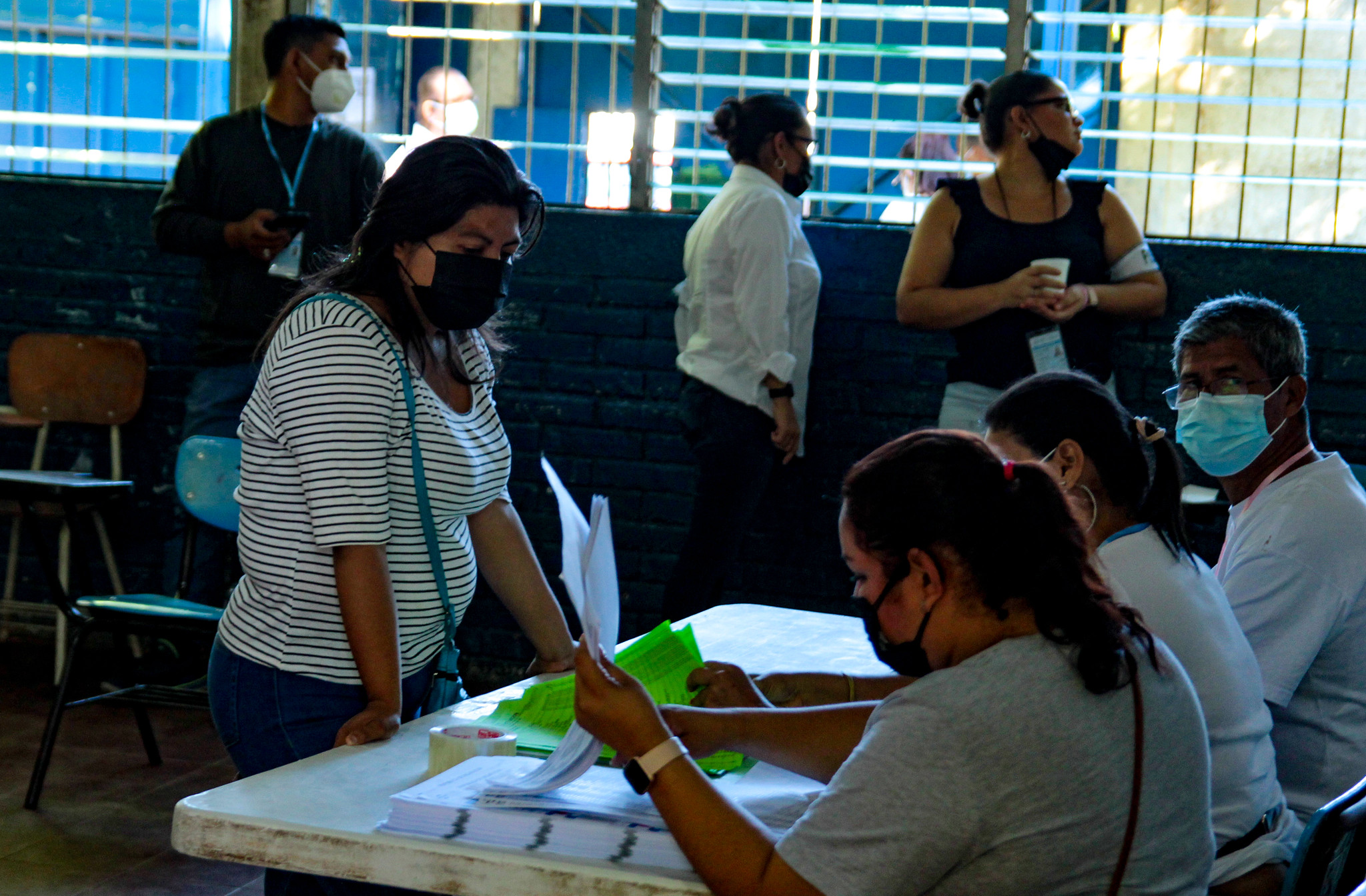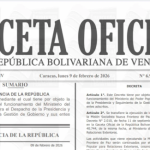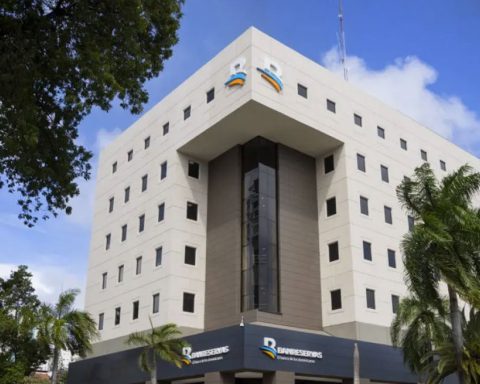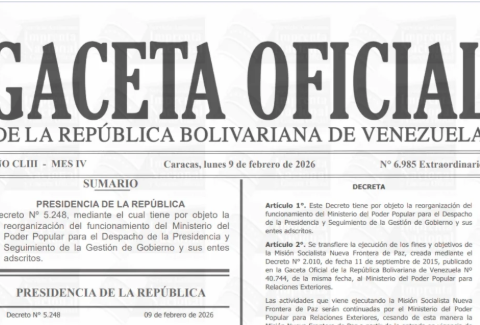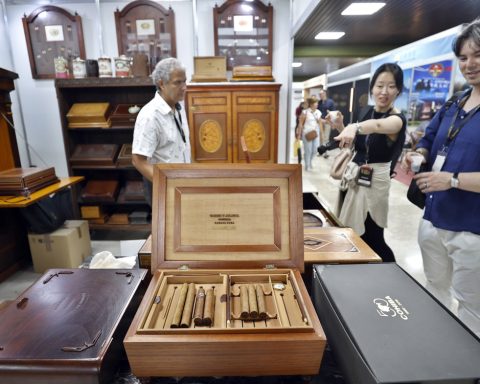The Supreme Electoral Council (CSE) eliminated 5,528 Vote Receiving Boards (JRV) with a swipe for municipal voting on November 6. For these elections, it will only enable 7,931 JRV, while in the national voting last year it had 13,459, according to the Electoral Power in its Web page. The number of Voting Centers (CV) will be the same as the national elections of 2021: 3 thousand 106, last year it had already reduced the CVs by 1 thousand 202 less than in the municipal elections of 2017.
Another of the data disclosed by the Ortega CSE was the number of voters who are called to the polls. This year the Electoral Register is made up of 3 million 722 thousand 884 citizens, a figure much lower than the 4 million 478 thousand 334 voters for the 2021 elections: 755 thousand 450 people eligible to vote taken out of a pit by the dictatorship, according to the documentation that the CSE delivered to the political parties.
Related news: Ortega pursues an “express” municipal electoral process with a late call, says Open Polls
With that number of voters, at least each JRV will have to receive 470 citizens to exercise their right to universal suffrage in the municipal elections. This decision by the dictatorship is part of the reform to the Electoral Law that was approved in May of this year when the regime decided to increase the number of voters that could be assigned to each JRV from 400 to 600, which is why they also reduced the number of together in these municipal elections.
With this, the regime intends to sell the image of a greater influx of voters, since the 2021 presidential elections were singled out and criticized for the high number of citizens who left the ballot boxes empty as a form of “resistance against electoral fraud.”
This reduction in the Electoral Register for municipal elections contrasts with the figures from the CSE itself, which, according to the fifth bulletin of the elections, has delivered 97 thousand 658 new cards from January 3 to September 13 of this year. It is contradictory that the voter list decreases when the issuance of identity documents for the first time adds almost 100,000 new voters, the same growth rate of the Electoral Register that was registered in last year’s elections.
Beginning with the 2016 general elections, the CSE began using a system to “purify” the Electoral Register and eliminate citizens who had not exercised their right to universal suffrage in the last three elections by dividing the register into real or gross, active and pasive. According to the official note, this would be the definitive list: “The Nicaraguan citizens listed in this Electoral Register will be choosing” on November 6.
Since the municipal elections of 2008, the first organized after Ortega’s return to power, the main international entities that participated as observers in the process denounced that there were irregularities and everything was recorded in the reports presented after the observation.
